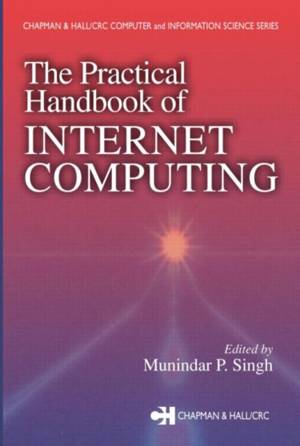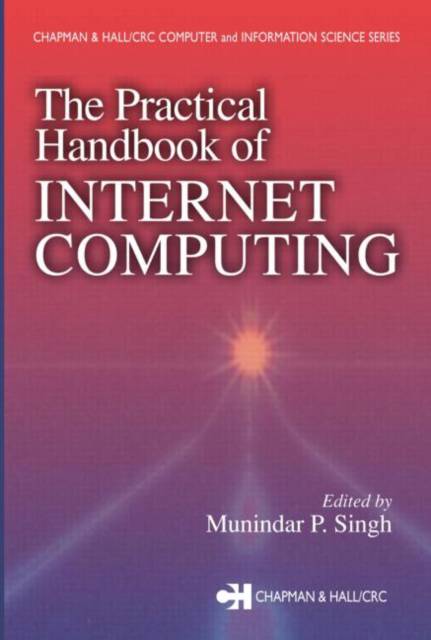
- Retrait gratuit dans votre magasin Club
- 7.000.000 titres dans notre catalogue
- Payer en toute sécurité
- Toujours un magasin près de chez vous
- Retrait gratuit dans votre magasin Club
- 7.000.0000 titres dans notre catalogue
- Payer en toute sécurité
- Toujours un magasin près de chez vous
Handbook of Scheduling
Algorithms, Models, and Performance Analysis
Description
Researchers in management, industrial engineering, operations, and computer science have intensely studied scheduling for more than 50 years, resulting in an astounding body of knowledge in this field. Handbook of Scheduling: Algorithms, Models, and Performance Analysis, the first handbook on scheduling, provides full coverage of the most recent and advanced topics on the subject. It assembles researchers from all relevant disciplines in order to facilitate cross-fertilization and create new scheduling insights.
The book comprises six major parts, each of which breaks down into smaller chapters:
- Part I introduces materials and notation, with tutorials on complexity theory and algorithms for the minimization of makespan, total completion time, dual objectives, maximum lateness, the number of late jobs, and total tardiness.
- Part II is devoted to classical scheduling problems.
- Part III explores scheduling models that originate in computer science, operations research, and management science.
- Part IV examines scheduling problems that arise in real-time systems, focusing on meeting hard deadline constraints while maximizing machine utilization.
- Part V discusses stochastic scheduling and queueing networks, highlighting jobs that are not deterministic.
- Part VI covers applications, discussing scheduling problems in airline, process, and transportation industries, as well as in hospitals and educational institutions.
Spécifications
Parties prenantes
- Editeur:
Contenu
- Nombre de pages :
- 1212
- Langue:
- Anglais
- Collection :
Caractéristiques
- EAN:
- 9781584883975
- Date de parution :
- 27-04-04
- Format:
- Livre relié
- Format numérique:
- Genaaid
- Dimensions :
- 188 mm x 260 mm
- Poids :
- 2290 g

Les avis
Nous publions uniquement les avis qui respectent les conditions requises. Consultez nos conditions pour les avis.





